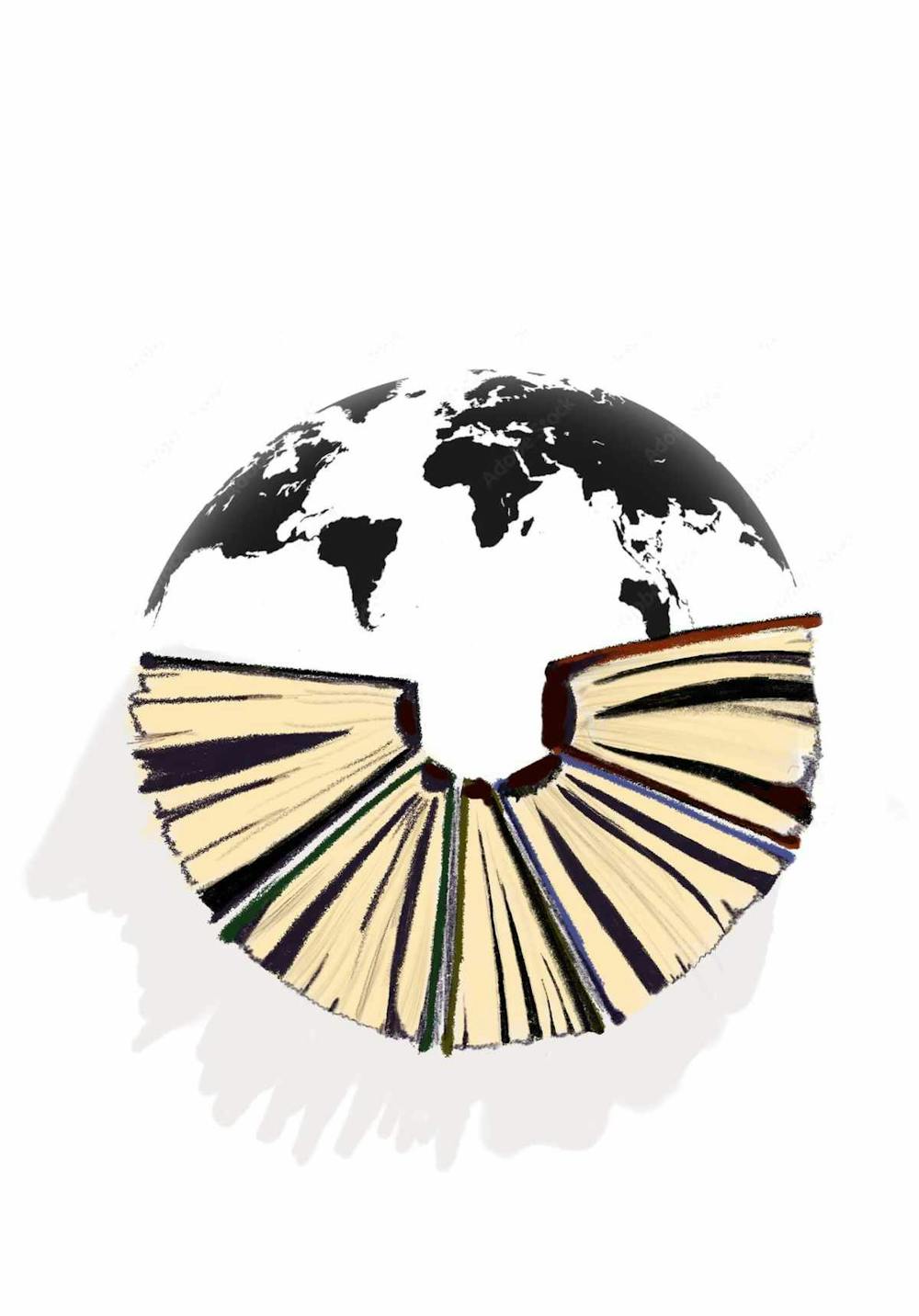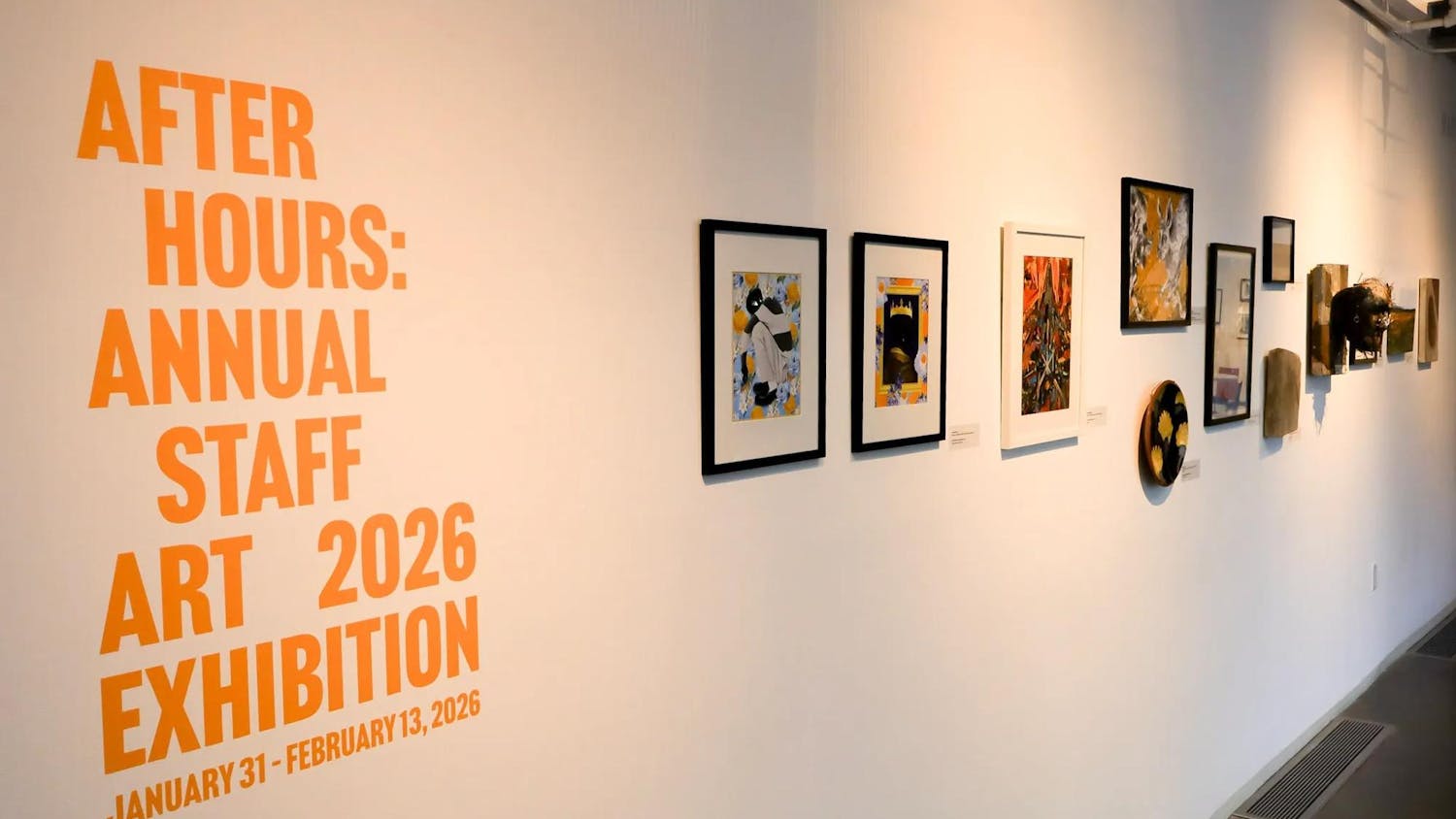Brown produced the third-highest number of Fulbright students among U.S. colleges in the 2022-23 cohort with 30 grant recipients, according to U.S. Department of State data.
For seven straight years, the University has ranked among the top Fulbright-producing institutions. In four of those years, the University was ranked first for the production of Fulbright award winners, The Herald previously reported.
The Fulbright U.S. Student Program provides more than 1,800 graduating seniors, graduate students and recent alums with grants to “study, research or teach abroad,” according to the program’s website.
These numbers reflect the number of students in the current cohort, while the 2023-24 cohort will learn about their awards this spring, according to a University press release.
Fulbright represents “an invitation to follow the path of exploration, self-direction/discovery and rich engagement with a broad world that Brown’s curriculum encourages,” Associate Dean of the College for Fellowships Linda Dunleavy wrote in an email to The Herald. “I think Brown’s success with the Fulbright program largely rests with the strong similarities in mission and philosophical approach between Brown and the Fulbright program.”
“Fulbright can mean a lot of different things, serve a lot of different ends for students,” she wrote.
The Herald spoke with four Fulbright recipients from Brown about their experiences in the program — adapting to changing circumstances and building on what they learned at the University — as well as their paths to receiving a Fulbright.
For some, the award serves as an opportunity to conduct research. Annie Huang ’22, who was granted a Fulbright-Austrian Marshall Plan Foundation Award for Research in Science and Technology for 2022-23, has been conducting research in DNA sequences and transcription for the last several months.
“This was a really unique, special opportunity for me to do some really cutting-edge scientific research in biology abroad and continue my training that I did at Brown,” she said.
Lucas Kuan ’22, another awardee currently conducting political science research in France, said that the program has helped him develop an interest in publishing a manuscript. After his fellowship, Kuan plans to work in public sector consulting with Deloitte in Washington, D.C. before going to law school.
Some award recipients emphasized that adapting to their host countries and unforeseen circumstances helped them take their research in new directions.
Hanna Wells ’22 has spent the last four months of her 10-month grant in Sankhuwasabha – a rural district in eastern Nepal – but said she originally applied to conduct research in Sri Lanka.
Given the economic crisis and fuel shortage in Sri Lanka, she was forced to re-evaluate her plans and instead applied to Nepal. Her original proposal was on the impacts of a modernizing world on traditional papermaking communities, with a focus on gender equity. She shifted her focus to road-building and highway projects and how they change the autonomy of communities that are sustained by traditional handicrafts.
Wells added that observations from spending time in Nepal helped her contextualize her project in ways that would be impossible from afar. For example, Wells could not have properly decided which localities to compare “before taking my time to understand the landscape that I am in,” she said.
Kuan said the academic context of his project also changed over the course of his fellowship. Though he originally intended to research the cultural integration of French Asian people through a sociological lens, he has since redirected his research to fit within an anthropological framework.
Huang noted that her time at Brown has bolstered her research, explaining how writing her senior thesis helped her practice “putting scientific projects in written form.”
Participating in the service organization Design for America while at Brown proved useful for Wells’s work in Nepal, she said. The experience prepared her to consider how to “pursue my community-oriented research in a way that I feel is ethical, meaningful and mutually beneficial.”
Kuan also partially attributed the success of his Fulbright application to his experience in the Brown Consulting Club, which allowed him to demonstrate a capability for planning and executing long-term projects.
An additional benefit to the fellowship is building community abroad, said Ike Uri GS, who is studying how Indian cities are responding to the risks of climate change.
“Fulbright helps to foster some in-country academic connections,” Uri said. “It is important for researchers to be connected with scholars and academics in the places where they’re doing their work.”
Huang described a similar experience of finding community in Austria: “The Austrian student community has been great to get to know,” she said.
Wells said that she has sought to forge meaningful connections in local communities: “If you structure your time in such a way, it really is possible to form really close-knit connections,” she said.
Kuan emphasized the University’s support through the application process, noting the helpful internal deadlines set by the Fellowship office and several “check-ins” with assigned advisors.
Support “is there if you want it,” he said, adding that Brown’s extensive alumni network of former award recipients also helps applicants.
Although Kuan noted that support for the written portion application was strong, he said other application requirements were more independent. He said that the hardest part of the application was securing an affiliation letter from the potential host institution he proposed working with.
Other students reported similar struggles with the affiliation letter portion of the application. Huang, who reached out to several professors for the letter, called the experience “frustrating.”
Still, the experience has proven immensely rewarding, Kuan said, describing it as “senior year plus one.”
“This year has certainly felt like an epilogue to college, rather than the start of a new chapter,” he said.
Correction: A previous version of this story misstated the number of professors Annie Huang reached out to for an affirmation letter.

Annika Singh is The Herald’s tech chief and a metro editor from Singapore. She covers crime, justice and local politics, but mainly she stands in line for coffee and looks up answers every time she attempts a crossword.





